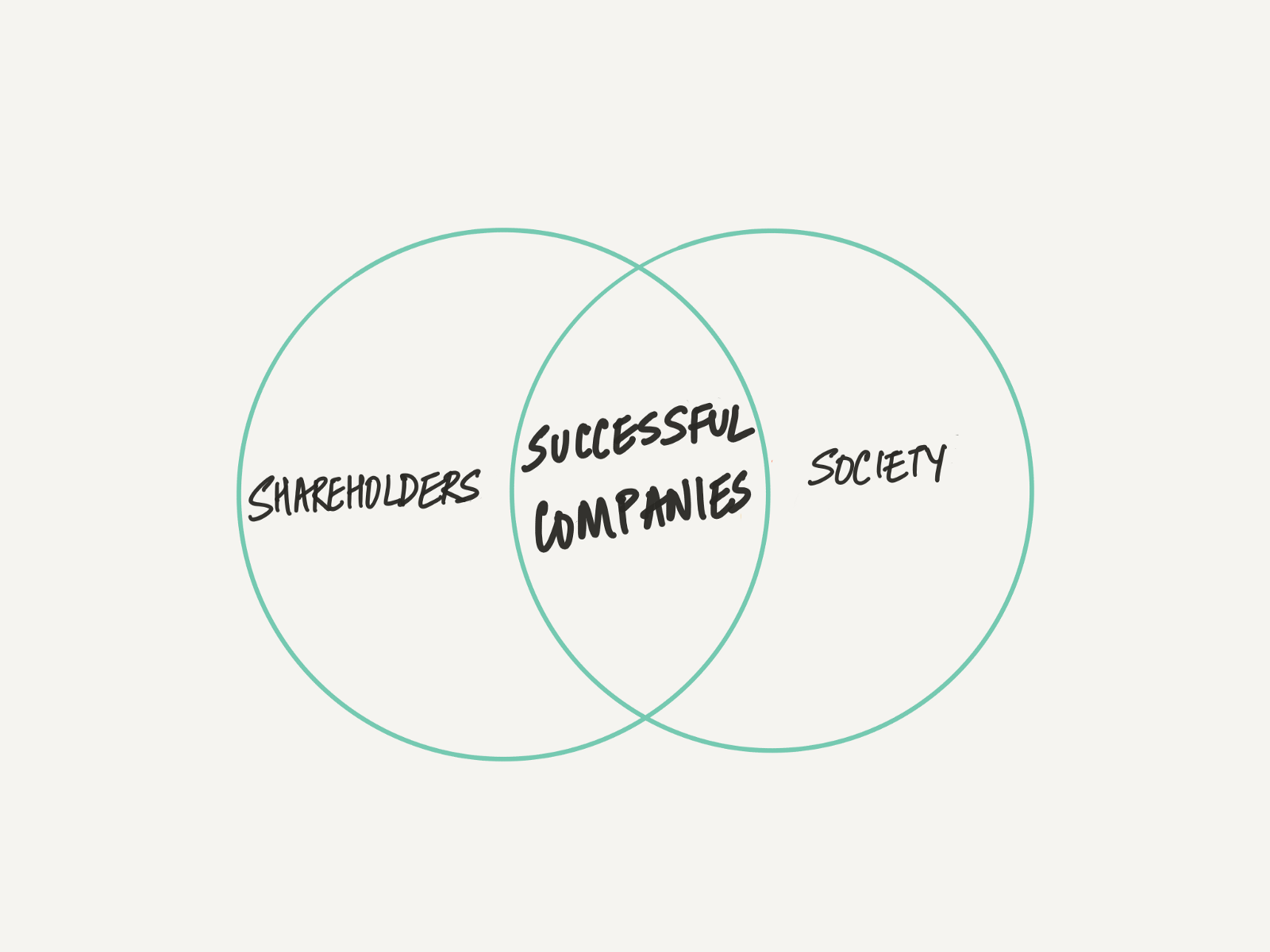When we launched our new fund, Spero Ventures, last month, we said our goal is to support founders that are driven to deliver value to shareholders andsociety.
Since then I’ve noticed some cognitive dissonance around that idea in Silicon Valley. It’s almost as if people think these two ideas are mutually exclusive.
Yet many companies have proven there is a direct correlation between building a successful business and having a positive effect on the world at scale. Most people are familiar with purpose-driven companies such as Tesla, eBay and Airbnb. There are plenty more. Here are a few:
LinkedIn’s mission is connecting the world’s professionals to make them more productive and successful. In other words: connect people to jobs. The more LinkedIn executes against this goal, the more it expands economic opportunity for people around the world, and the more money LinkedIn makes. LinkedIn has provided access to opportunity for more than 500 millionusers. Two years ago Microsoft paid $26.2 billion for the company.
Turo operates a peer-to-peer carsharing marketplace. Turo’s app makes it possible for car owners to rent out their vehicles when they aren’t using them. Car owners get to earn money on an idle asset, while renters get easier access to better cars at cheaper prices. Turo is unlocking economic opportunity for people on both sides of the relationship.
Skillshare aims to make the economy an open meritocracy where anyone can learn the skills they need to succeed. On one side of the marketplace are experts who teach everything from email marketing to ink drawing, and aerial photography to 3D printing design. Skillshare’s 4 million students pay to take classes to further their careers, stay ahead of changes in their industries and earn money with side projects. The experts get paid for the classes they teach?—?the more popular the class, the more they get paid.
None of these companies is financed by charitable grants; they all raised millions of dollars from venture capitalists who expect big returns.
Countless studies show that mission-driven companies have many other positive externalities, including the ability to attract and retain top talent, the sense of purpose required to inspire a team that is willing to weather tough times, and a loyal customer base that connects to the product and the mission, leading to brand preference and affinity.
A successful business model is a fundamental underpinning to all this. It is critical to ensure a business not only survives, but thrives and reaches significant scale. When that happens, it will have a massive positive effect on the world. And when that happens, shareholders will benefit, as well.
If you are building a company and you share those goals, I hope you’ll reach out.

